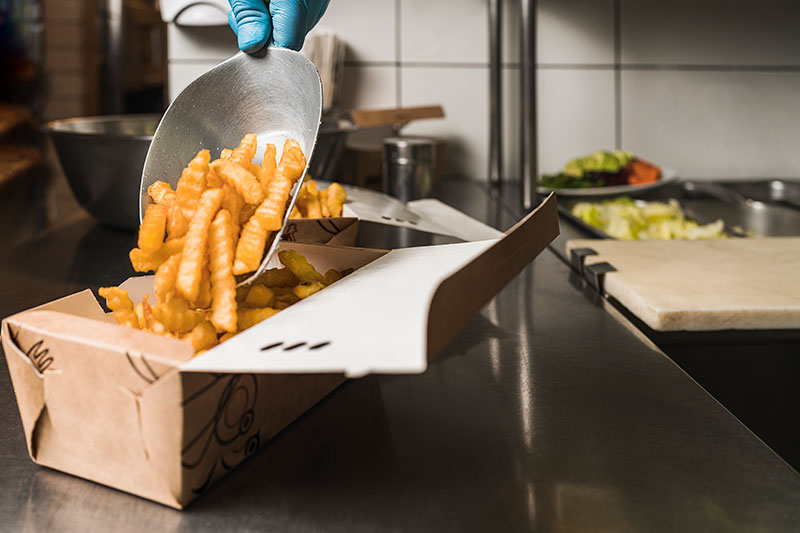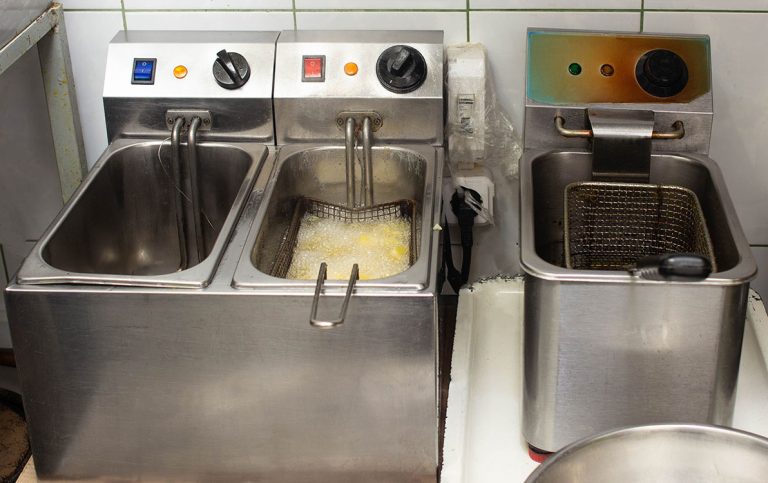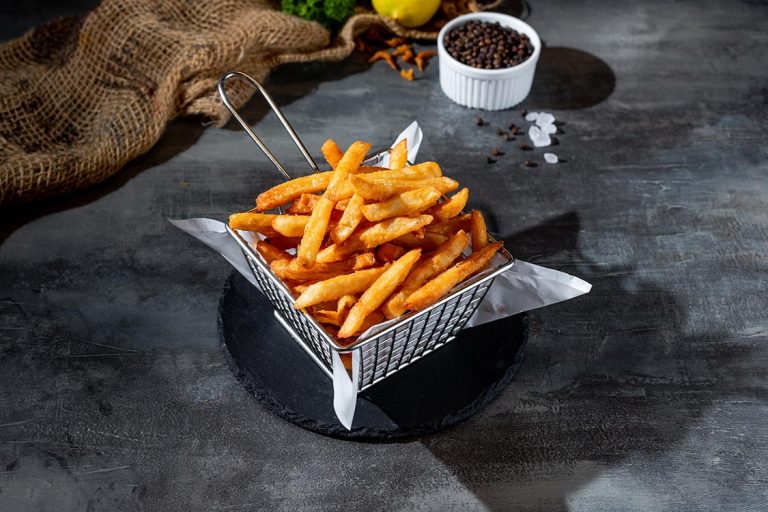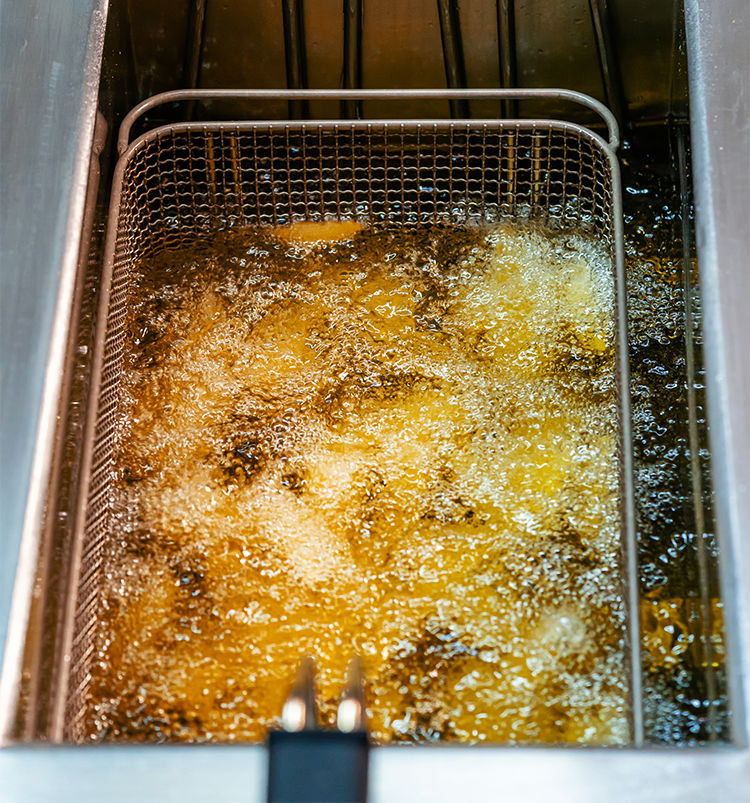Staying Compliant: Navigating Local Regulations for Used Cooking Oil Storage
For restaurant owners, compliance is a non-negotiable aspect of managing used cooking oil. Regulations surrounding oil storage and disposal are designed to protect public health, infrastructure, and the environment. While the rules can seem complex, staying compliant is simpler when you understand the requirements and take proactive steps to integrate them into your daily operations. Proper compliance safeguards your business against penalties and positions you as a responsible operator committed to best practices.
Understanding Key Regulatory Requirements
Used cooking oil is classified as a hazardous material in many jurisdictions, and its storage and disposal are subject to strict rules. These regulations often mandate the use of food-grade, sealed containers to prevent leaks and contamination. Additionally, containers must be stored in designated areas that minimize environmental risks, such as spills or runoffs.
Regulations may also specify collection frequency to ensure oil doesn’t remain in storage longer than necessary. Extended storage can increase the risk of contamination, spills, or odors, all of which can lead to compliance violations.
Another critical requirement is working with licensed oil collectors and recyclers. Licensed partners ensure that your oil is handled responsibly and recycled according to legal standards. They also provide the necessary documentation to prove your compliance during inspections or audits.
The Importance of Documentation
Recordkeeping is at the heart of regulatory compliance. Restaurants are often required to maintain detailed records of their oil management activities, including collection dates, volumes, and the credentials of their recycling partners. These records not only demonstrate compliance but also protect your business from potential liability issues.
Keeping organized documentation can simplify interactions with regulatory bodies. Whether it’s a routine inspection or an unexpected audit, having easily accessible records shows your commitment to following the rules. Many restaurants find it helpful to digitize their records, making it easier to store and retrieve critical information when needed.
Choosing the Right Recycling Partner
Compliance is not just about what happens in your kitchen—it extends to the companies you partner with. Working with a reputable, licensed recycler is essential for meeting legal requirements and ensuring your oil is handled responsibly. A good recycling partner will provide documentation for every collection, including proof of proper disposal or recycling.
In addition to meeting regulatory standards, a trustworthy partner can offer guidance on improving your oil management practices. From advising on container types to helping you optimize collection schedules, they ensure your operations align with compliance while maximizing efficiency.
Longview Environmental Company is dedicated to helping restaurants navigate these complexities. Our expertise in regulatory compliance ensures that your used cooking oil is managed with care, protecting your business and contributing to sustainability goals.
The Consequences of Non-Compliance
Failing to adhere to regulations can have serious consequences. Penalties for non-compliance range from hefty fines to temporary closures, both of which can damage your business’s financial health and reputation. Additionally, improper oil storage or disposal can lead to environmental harm, including pollution of waterways and damage to local ecosystems.
Rebuilding trust after a compliance violation can be challenging, particularly in a market where consumers increasingly value sustainability and ethical practices. Staying ahead of regulations not only avoids these risks but also demonstrates your commitment to operating responsibly.
Compliance as a Competitive Advantage
Compliance isn’t just about avoiding penalties—it’s an opportunity to differentiate your business. Demonstrating adherence to high standards of oil management can enhance your reputation among customers, regulators, and employees. In an era where eco-conscious dining is on the rise, customers appreciate businesses that prioritize environmental responsibility.
Your compliance efforts can also align with broader sustainability initiatives. By responsibly managing used cooking oil, your restaurant contributes to the circular economy, turning waste into valuable resources like biodiesel. This integration of compliance and sustainability strengthens your brand and sets your business apart in a competitive market.
Partnering with Longview for Compliance Excellence
Longview Environmental Company is your trusted ally in navigating the complexities of oil storage and disposal regulations. We provide the tools, resources, and expertise to help you stay compliant. From supplying compliant containers to maintaining accurate records and ensuring proper recycling, we take the guesswork out of oil management.
Our team is always available to answer questions and provide insights into evolving regulations, ensuring your operations remain ahead of the curve. With Longview, compliance becomes a seamless part of your business, leaving you free to focus on delivering exceptional dining experiences.
Take Control of Compliance Today
Staying compliant doesn’t have to be overwhelming. By understanding the regulations, maintaining proper records, and partnering with a reliable recycler, you can simplify your oil management process while protecting your business.
Evaluate your current practices and identify areas for improvement. Are your containers up to standard? Are your records organized and accessible? If you’re unsure, Longview can help. Contact us today to learn more about our compliance-focused oil recycling solutions and discover how we can support your restaurant in meeting its regulatory responsibilities.








